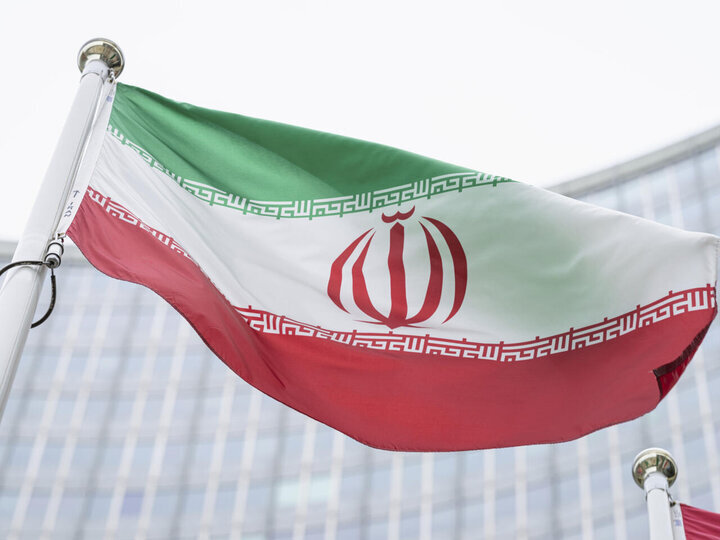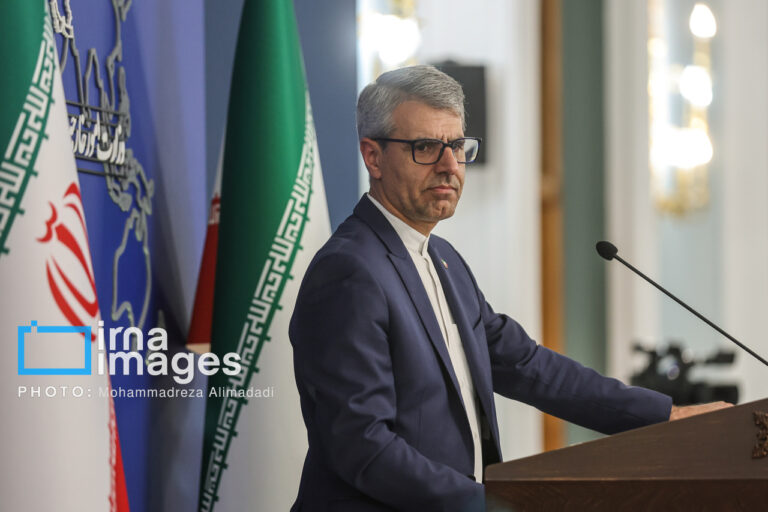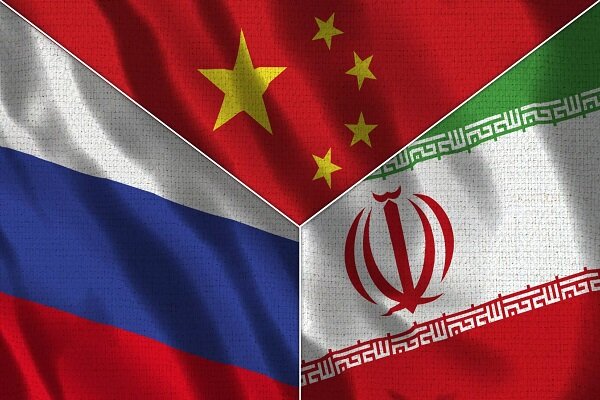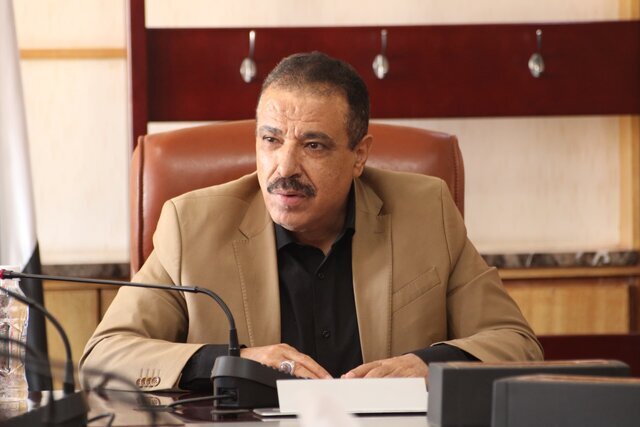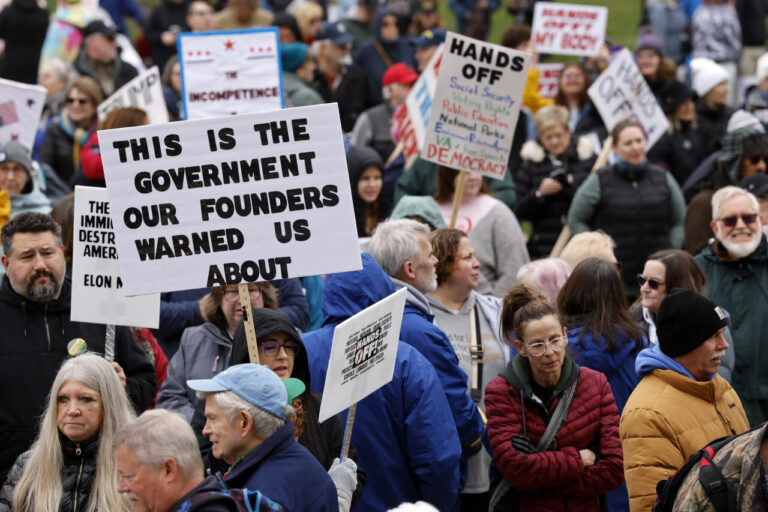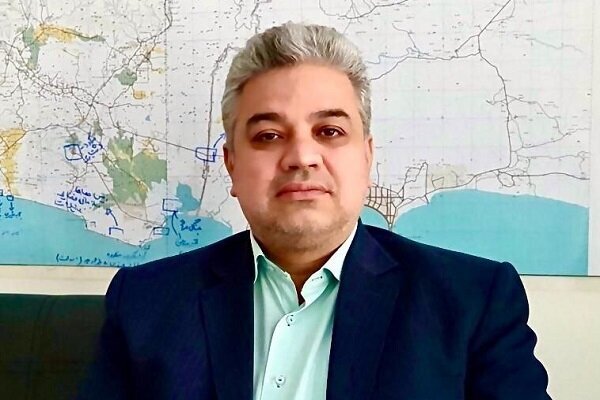UN Mission Issues Urgent Warning: Iran’s Potential Retaliation Against US Threats
On the occasion of the anniversary of the Islamic Revolution, the United Nations mission has made a significant statement regarding the impact of the revolution on US-Iran relations. This event marks a pivotal moment in history, as it symbolizes the Iranian people’s quest for autonomy and justice. The message shared by the UN underscores the ongoing narrative of Iranian resistance against perceived foreign domination.
In a recent post on its X account, the UN mission stated, “Happy anniversary of the victory of the Islamic Revolution of Iran. The Revolution of the Iranian people shattered the American idol, spelled an end to US domination in Iran, and sought a logical, just, and equitable relationship.” This statement highlights the historical context of the revolution and its implications for both Iran and the international community.
The Islamic Revolution, which took place in 1979, represented a significant shift in Iran’s political landscape, moving away from Western influence and establishing a theocratic government. The UN mission’s remarks reflect the enduring sentiment among many Iranians who view the revolution as a foundational moment in their national identity.
Furthermore, the UN mission emphasized Iran’s stance on international relations, stating, “The Islamic Republic of Iran has never been the initiator of escalation but has always responded proportionately to the nature and intensity of US threats —a course which shall indeed continue.” This assertion points to Iran’s perspective on its foreign policy and military engagements.
- Historical Context: The Islamic Revolution aimed to dismantle the Shah’s regime, which was perceived as a puppet of the United States.
- Impact on US-Iran Relations: The revolution fundamentally altered the dynamics between the two nations, leading to decades of tension.
- Continued Resistance: Iran maintains that it has acted defensively in response to threats rather than as an aggressor.
The UN’s statement serves to remind the world of the complexities surrounding Iran’s geopolitical stance. The narrative of victimhood and resistance is prevalent in Iranian political discourse, and the Islamic Revolution is often invoked to justify current policies.
Moreover, the UN highlights the ongoing struggle for a “logical, just, and equitable relationship” between Iran and the global community. This call for equity in international relations reflects a broader desire among many nations to move towards diplomacy and away from conflict.
As we reflect on the anniversary of the Islamic Revolution, it is crucial to consider the implications for future diplomatic engagements. The relationship between Iran and the United States remains strained, with various factors contributing to the ongoing tensions:
- Nuclear Program: Iran’s nuclear ambitions are a primary concern for the US and its allies, leading to sanctions and diplomatic isolation.
- Regional Influence: Iran’s involvement in regional conflicts and support for groups viewed as terrorist organizations by the US complicate relations.
- Economic Sanctions: Continued sanctions have led to significant economic challenges for Iran, further entrenching hostilities.
In conclusion, the anniversary of the Islamic Revolution serves as a reminder of the long-standing tensions between Iran and the United States. The UN mission’s remarks encapsulate the sentiments of many Iranians who view the revolution as a critical juncture in their fight for autonomy and justice. As the world watches, the call for a more equitable relationship remains a vital aspect of the discourse surrounding Iran’s role on the global stage.
Moving forward, it will be essential for all parties involved to engage in constructive dialogue and seek resolutions that promote stability and peace in the region. The legacy of the Islamic Revolution continues to influence not only Iran’s domestic policies but also its international relations, underscoring the importance of understanding this historical event in the context of contemporary geopolitics.
